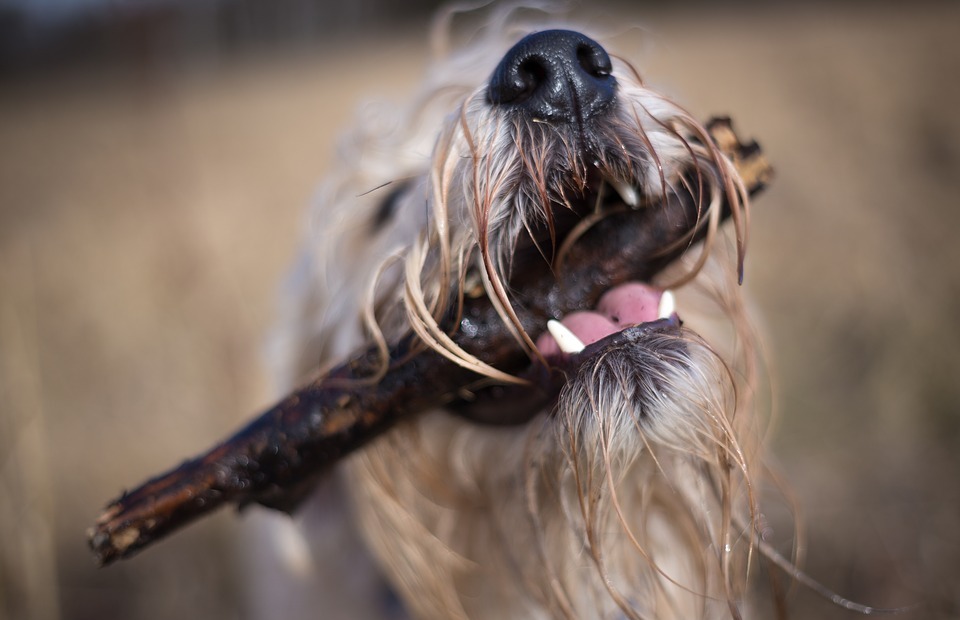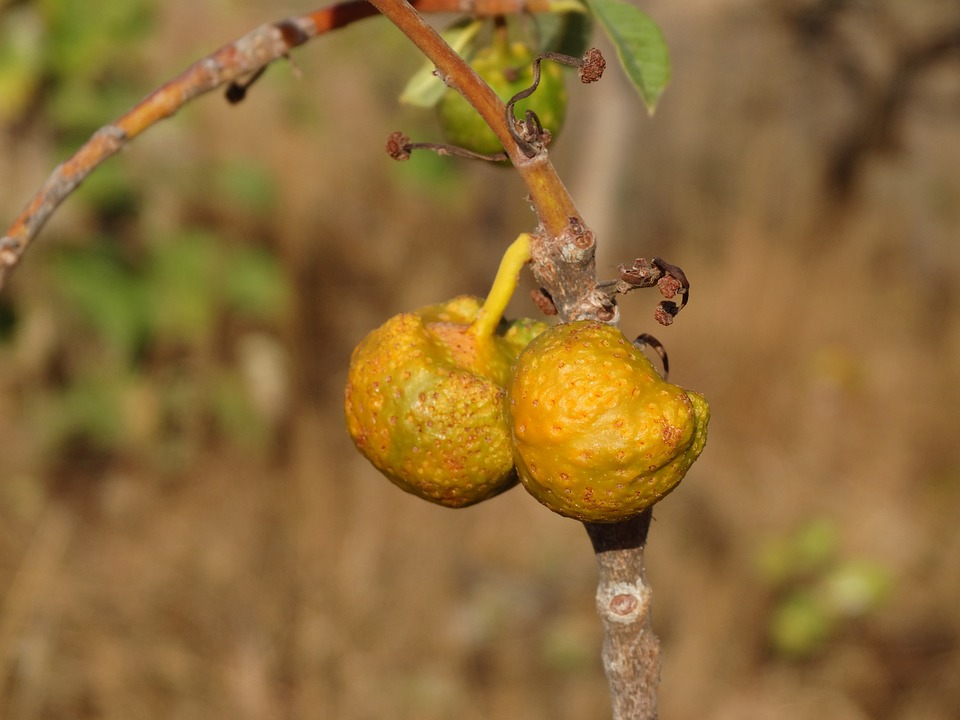This article delves into the safety of cinnamon for dogs, exploring its potential benefits and risks. We'll cover the different types of cinnamon, how much is safe, signs of toxicity, and what to do if your dog ingests too much. We'll also answer frequently asked questions to help you understand how to safely incorporate cinnamon into your dog's diet, if at all.
Part 1: Understanding Cinnamon

1.1 What is Cinnamon?
Cinnamon is a spice derived from the inner bark of several species of trees from the genus Cinnamomum. It's a popular ingredient in baking, cooking, and beverages, and is known for its distinctive aroma and flavour. The spice is typically used in its ground form, although cinnamon sticks are also commonly available and are used for both flavouring and decorative purposes.
1.2 Types of Cinnamon
There are two main types of cinnamon:
- Ceylon cinnamon (Cinnamomum verum): This type, also known as "true cinnamon," is considered to be the highest quality cinnamon. It has a sweet and delicate flavour, and is typically found in high-quality cinnamon sticks and ground cinnamon. Ceylon cinnamon has a lower coumarin content compared to cassia cinnamon.
- Cassia cinnamon (Cinnamomum cassia): This is the most common type of cinnamon found in supermarkets. It has a stronger, more pungent flavour and is often used in cheaper cinnamon sticks and ground cinnamon. Cassia cinnamon contains higher levels of coumarin, a compound that can be toxic to dogs in large amounts.
1.3 Nutritional Value of Cinnamon
Cinnamon is a good source of several nutrients, including:
- Manganese: This mineral is essential for bone health, metabolism, and blood sugar regulation. It contributes to the formation of connective tissue, plays a role in energy production, and helps to regulate blood sugar levels.
- Fibre: Cinnamon contains dietary fibre, which can aid digestion and promote a healthy gut. It adds bulk to stool, helps regulate bowel movements, and supports a healthy gut microbiome.
- Antioxidants: Cinnamon is rich in antioxidants, which help protect cells from damage caused by free radicals. Antioxidants help combat oxidative stress, which is linked to various health problems.
1.4 Culinary Uses of Cinnamon
Cinnamon is widely used in various cuisines around the world. It is commonly used in sweet dishes like cakes, cookies, pies, and puddings. It also finds its place in savoury dishes like curries, stews, and marinades. Additionally, cinnamon is a popular ingredient in beverages like hot chocolate, coffee, and tea.
Part 2: Cinnamon and Dogs: The Benefits

2.1 Potential Health Benefits
While research on the benefits of cinnamon for dogs is limited, some studies suggest potential health benefits:
- Anti-inflammatory effects: Cinnamon's anti-inflammatory properties may help reduce inflammation in the body, potentially benefiting conditions like arthritis. It may help manage pain and swelling associated with inflammation.
- Blood sugar regulation: Some research suggests that cinnamon may help regulate blood sugar levels in dogs with diabetes, though more studies are needed. Cinnamon may enhance insulin sensitivity, leading to better blood sugar control.
- Antimicrobial activity: Cinnamon contains compounds with antimicrobial properties that may help fight off infections. It may help reduce the growth of harmful bacteria and fungi.
2.2 Culinary Uses for Dogs
Cinnamon can be used to flavour dog treats, but it should be used in moderation. It's important to note that some dogs may be sensitive to cinnamon, so it's best to introduce it gradually. Start with a tiny amount and observe your dog for any adverse reactions.
Part 3: Cinnamon and Dogs: The Risks

3.1 Toxicity
Cinnamon, especially cassia cinnamon, contains a compound called coumarin, which can be toxic to dogs in large amounts. Coumarin can cause liver damage, leading to a range of health problems, including jaundice, lethargy, and abdominal pain.
3.2 Signs of Cinnamon Toxicity
Signs of cinnamon toxicity in dogs can include:
- Vomiting: This is often the first sign of toxicity, and can be accompanied by nausea.
- Diarrhoea: The dog's stool may be loose or watery.
- Loss of appetite: The dog may show a lack of interest in food.
- Lethargy: The dog may appear tired and sluggish.
- Tremors: The dog may experience muscle tremors or shaking.
- Liver damage: In severe cases, liver damage can lead to jaundice, abdominal swelling, and other complications.
3.3 How Much Cinnamon is Safe for Dogs?
There is no set "safe" amount of cinnamon for dogs. Even small amounts can accumulate in the body over time and lead to toxicity. Therefore, it's generally recommended to avoid giving your dog cinnamon altogether.
3.4 Factors Influencing Toxicity
The toxicity of cinnamon depends on several factors, including:
- Type of cinnamon: Cassia cinnamon has a higher coumarin content than Ceylon cinnamon, making it more toxic to dogs.
- Amount ingested: Larger amounts of cinnamon pose a greater risk of toxicity.
- Dog's size and weight: Smaller dogs are more susceptible to toxicity from the same amount of cinnamon compared to larger dogs.
- Individual sensitivity: Some dogs may be more sensitive to cinnamon than others.
Part 4: What to Do if Your Dog Ingests Cinnamon
4.1 Contact Your Vet
If you suspect your dog has ingested cinnamon, contact your veterinarian immediately. Describe the situation, including the type and amount of cinnamon ingested, and your dog's current condition. Your vet will provide guidance on how to proceed.
4.2 Observe Your Dog
Monitor your dog for any signs of toxicity. Keep a close eye on their behaviour, appetite, and bowel movements. Note any changes in their health and report them to your vet.
4.3 Keep Cinnamon Out of Reach
Store cinnamon and any products containing cinnamon out of reach of your dog. This includes keeping cinnamon in sealed containers, high on shelves, or in cupboards that are inaccessible to your dog.
Part 5: Alternatives to Cinnamon for Dogs
If you're looking for ways to flavour your dog's food, consider using alternatives to cinnamon:
- Pumpkin: Pumpkin is a good source of fibre and antioxidants, and can be added to dog food or treats. It also helps regulate digestion and can be beneficial for dogs with digestive issues.
- Apples: Apples are a healthy treat for dogs, and can be used to flavour dog food or treats. Choose apples that are free from pesticides and remove the core and seeds before giving them to your dog.
- Carrots: Carrots are a good source of vitamin A and fibre, and can be added to dog food or treats. They also provide a crunchy texture that dogs often enjoy.
- Peanut butter (xylitol-free): Xylitol is a sugar substitute that is toxic to dogs, so ensure that any peanut butter you use is xylitol-free. Peanut butter can be a great source of protein and healthy fats for dogs, and can be used to flavour treats or as a reward during training.
Part 6: FAQs
6.1 Is it safe to give my dog a small amount of cinnamon?
While a tiny amount of cinnamon might not cause immediate harm, it's best to avoid giving your dog cinnamon altogether. Even small amounts can build up over time and potentially lead to toxicity. Remember that every dog is different and some may be more sensitive to cinnamon than others.
6.2 Is Ceylon cinnamon safer than cassia cinnamon?
Ceylon cinnamon is generally considered to be lower in coumarin than cassia cinnamon. However, it's still best to avoid giving your dog any type of cinnamon. The difference in coumarin content may not be significant enough to make Ceylon cinnamon entirely safe for dogs.
6.3 Can I use cinnamon oil on my dog?
Cinnamon oil is highly concentrated and should never be used on dogs. It can be toxic and cause skin irritation, respiratory problems, and other health issues. Cinnamon oil is meant for external use only, and should never be ingested by animals.
6.4 What if my dog has eaten a small amount of cinnamon?
If your dog has eaten a small amount of cinnamon, monitor them for any signs of toxicity. Contact your veterinarian if you have any concerns. Describe the situation and any symptoms your dog is experiencing.
6.5 How can I keep cinnamon out of reach of my dog?
Store cinnamon and all food products containing cinnamon in a sealed container, out of reach of your dog. Keep these products in cabinets, high shelves, or other areas that are inaccessible to your dog.
6.6 Can I give my dog cinnamon-flavored treats?
It's best to avoid giving your dog any treats that contain cinnamon. There are many other safe and delicious treats available for dogs. Check the ingredient list of any treats you purchase and ensure they are cinnamon-free.
6.7 My dog loves the smell of cinnamon. Can I use it as a training treat?
It's best to avoid using cinnamon as a training treat. It's not a safe or healthy choice for dogs. There are many other safe and effective training treats available. Use alternative options like small pieces of kibble, dog-specific treats, or even praise and petting as rewards during training.
Everyone is watching
-

Can Dogs Eat Bananas? A Guide to Safe Treats
DOGS & PUPPIESThis comprehensive guide will delve into the world of canine nutrition, focusing on the popular question: can ...
-

Can Dogs Eat Oranges? (Is It Safe or Toxic?)
DOGS & PUPPIESThis article delves into the question of whether dogs can safely consume oranges. We'll explore the nutrition...
-

Can Dogs Eat Grapes? The Shocking Truth About This Fruit
DOGS & PUPPIESThis article delves into the controversial topic of grapes and dogs, exploring the potential dangers associate...
-

Why Do Dogs Eat Poop? Understanding Coprophagia in Dogs
DOGS & PUPPIESThis article delves into the perplexing phenomenon of coprophagia, the act of eating faeces, in dogs. We explo...
-

Can Dogs Eat Shrimp? A Guide to Safety and Risks
DOGS & PUPPIESThis comprehensive guide dives into the world of shrimp and dogs, exploring the potential benefits and risks a...
